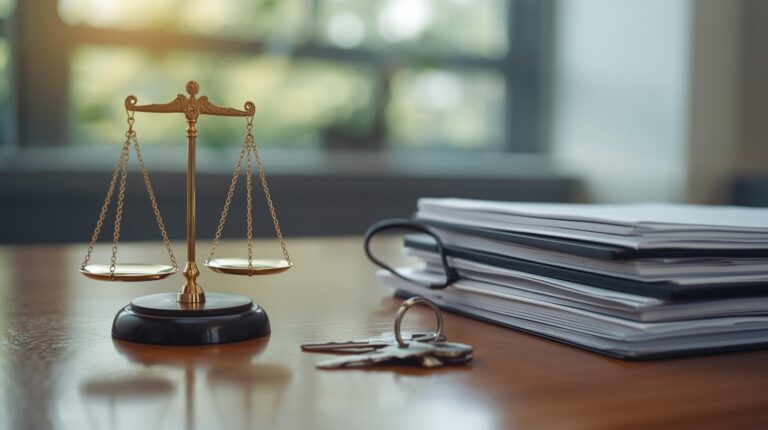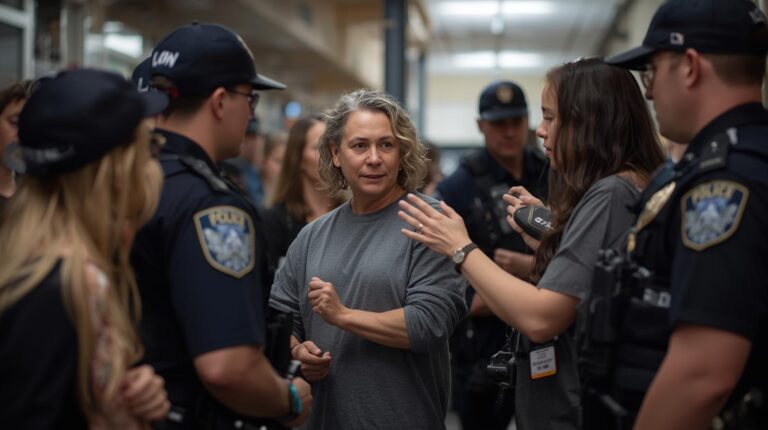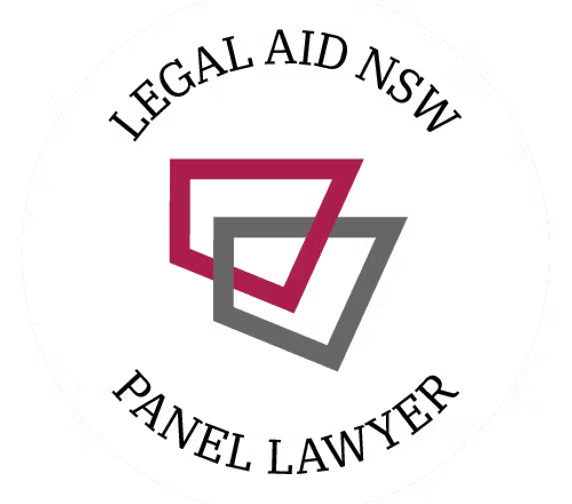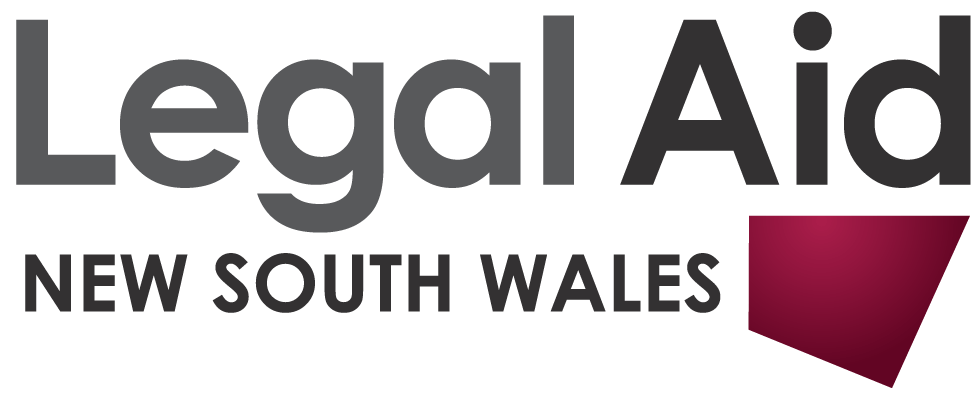Drug Driving
In Victoria, it is an offence to drive under the influence of drugs, in other terms a DUI, as you are not capable of taking control of the motor vehicle. Section 49 of the Road Safety Act 1986 clearly outlines:
“A person is guilty of an offence if he or she drives a motor vehicle or is in charge of a motor vehicle whilst under the influence of …. Drugs to such an extent as to be incapable of having proper control of the motor vehicle”
What will the police have to prove?
To be charged of an offence of drug driving, the police will have to prove beyond reasonable doubt that:
- The accused was the driver of the motor vehicle or was in control of it;
- The accused was under the influence of drugs, to the extent that they were incapable of exercising control over the motor vehicle.
Possible Defences
The possible defences that can be used in your case, given every case is unique, generally it can be argued that:
- The accused was not the driver of the motor vehicle;
- Whether they failed to follow the procedure to take saliva samples;
- Whether the drug assessment was undertaken within 3 hours of driving;
- In some special cases, the drugs used was due to a medical condition or disability and not a consumption of a drug, so the accused was not aware it would impair their ability to drive.
Penalties
The penalties applied to a charge of drug driving, are:
- For a first offence, a fine of 25 penalty units and 3 months imprisonment.
- For a second offence, a fine of 120 penalty units and imprisonment for a term of 12 months.
- For a third or subsequent offence, a fine of 180 penalty units and imprisonment for a term of 18 months.
Further, if a person is convicted or found guilty of an offence against section 49(1)(a) for Driving Under the Influence, the court must disqualify that person’s driver’s licence or learner’s permit for a minimum period of:
- 2 years for a first offence.
- 4 years for any subsequent offence.
Where will the case be heard?
Drug driving is a summary offence and will be heard in the Magistrates Court.
Need to speak with a lawyer?
Our experienced lawyers are here to help you understand your legal rights and options. Contact us for a confidential discussion about your situation.

















